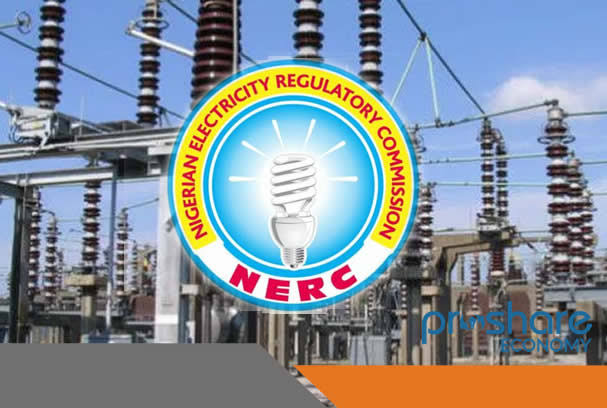The Nigerian electricity landscape is undergoing a significant transformation with the devolution of regulatory powers from the federal level to individual states. The Nigerian Electricity Regulatory Commission (NERC), in adherence to the Electricity Act 2023, has officially transferred regulatory oversight of the electricity market in Abia State to the Abia State Electricity Regulatory Authority (ASERA). This marks a crucial step towards greater state autonomy in managing their respective electricity sectors and reflects the broader national objective of enhancing efficiency and accountability within the power industry. The transfer order, publicly announced by NERC, emphasizes the commitment to implementing the provisions of the amended constitution and the Electricity Act 2023, which empowers states to establish and regulate their intrastate electricity markets.
The Electricity Act 2023 outlines a clear framework for this transition, requiring states intending to establish intrastate electricity markets to formally notify NERC of their processes and request the transfer of regulatory authority. Abia State, having fulfilled the stipulated legal and procedural requirements, including the formal notification to NERC, has now successfully assumed regulatory control over its electricity market. This shift underscores the principle of subsidiarity, allowing states to tailor their regulatory frameworks to their specific needs and circumstances. NERC, while relinquishing its direct regulatory control over Abia’s intrastate market, retains its role as the central regulator, overseeing interstate and international aspects of generation, transmission, supply, trading, and system operations. This ensures a coordinated approach to national electricity management while empowering states to address local challenges more effectively.
The transfer order issued by NERC carries several key directives aimed at ensuring a seamless transition and facilitating the establishment of a robust intrastate electricity market in Abia State. One significant directive mandates the Enugu Electricity Distribution Company (EEDC), which currently operates in Abia, to incorporate a subsidiary specifically responsible for intrastate supply and distribution within the state. This new subsidiary, termed EEDC SubCo, is required to be established within 60 days from June 25, 2025, and must subsequently apply for and obtain a license from ASERA to operate within the Abia State electricity market. This structured approach ensures regulatory compliance and establishes a clear demarcation of responsibilities between the existing distribution company and the newly formed subsidiary.
The establishment of the EEDC SubCo is a critical component of the transition process, allowing for a more focused and localized approach to electricity distribution within Abia State. By operating under the regulatory purview of ASERA, the subsidiary will be better positioned to address the specific challenges and opportunities within the state’s electricity market. This localized approach is expected to lead to improved service delivery, enhanced responsiveness to consumer needs, and greater accountability within the distribution network. Moreover, the requirement for EEDC SubCo to obtain a license from ASERA ensures that the subsidiary operates within the regulatory framework established by the state authority, further strengthening the state’s control over its electricity sector.
NERC’s transfer order establishes a clear timeline for the completion of all transition-related activities, with a deadline set for December 24, 2025. This defined timeframe provides a roadmap for the involved parties, including EEDC, ASERA, and other stakeholders, to execute their respective responsibilities and ensure a smooth and efficient handover of regulatory oversight. The deadline also underscores the urgency and importance of this transition for the future of Abia State’s electricity sector. By adhering to this timeline, the stakeholders can work collaboratively to establish a robust and sustainable regulatory framework that supports the development and growth of the state’s electricity market.
The transition in Abia State follows a growing trend of states assuming regulatory control over their electricity markets. Several states, including Enugu, Ondo, Ekiti, Imo, Oyo, Edo, and Kogi, have already completed this transition, demonstrating a nationwide movement towards greater state autonomy in the electricity sector. Other states, such as Lagos, Ogun, Niger, and Plateau, are currently in various stages of their transitions, with anticipated completion dates between June and September. This collective shift towards decentralized electricity regulation underscores the growing recognition of the importance of local control in achieving efficient and effective management of electricity resources within the Nigerian context. As more states assume this responsibility, it is expected to foster greater innovation, competition, and responsiveness within the Nigerian electricity sector, ultimately benefiting consumers and driving economic growth.














